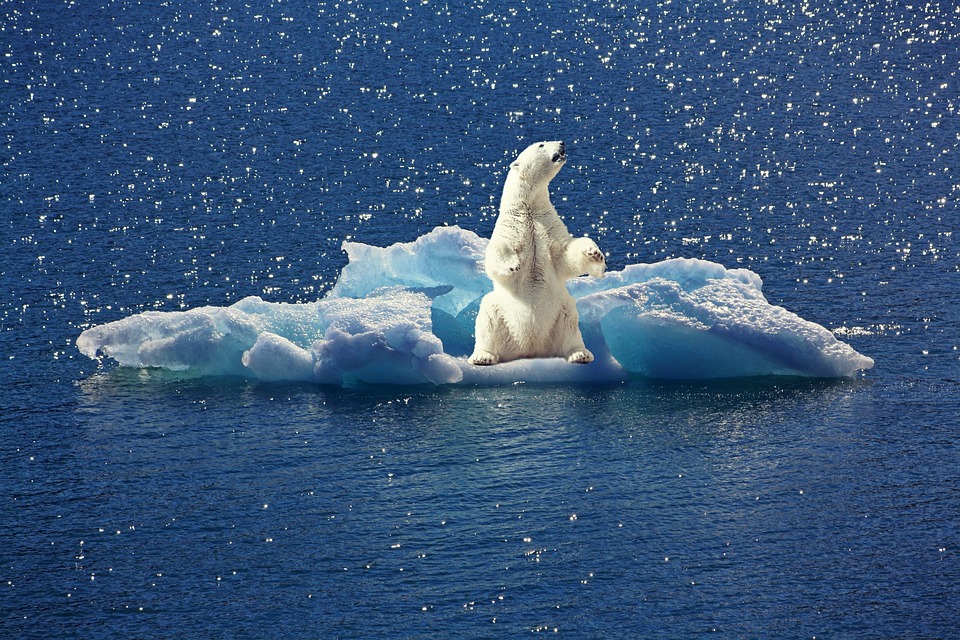The Threat of Climate Change on Biodiversity and Ecosystems
Climate change is one of the most pressing issues facing our planet today. The impacts of climate change are far-reaching and can have devastating effects on biodiversity and ecosystems around the world. As temperatures rise, weather patterns become more extreme, and sea levels continue to rise, the delicate balance of life on Earth is being disrupted.
Effects on Biodiversity
Biodiversity refers to the variety of life forms on Earth, including plants, animals, and microorganisms. Climate change is having a significant impact on biodiversity, as species struggle to adapt to changing environmental conditions. Many species are already facing extinction due to habitat loss, changing temperatures, and altered precipitation patterns.
Rising temperatures are causing shifts in the distribution of plant and animal species, as they are forced to move to higher elevations or latitudes in search of suitable habitats. This can lead to competition with other species, loss of genetic diversity, and ultimately, extinction. In addition, changing weather patterns are disrupting the delicate balance of ecosystems, leading to declines in population sizes and changes in food availability.
Effects on Ecosystems
Ecosystems are complex networks of plants, animals, and microorganisms that interact with each other and their environment. Climate change is disrupting these relationships, leading to changes in ecosystem structure and function. One of the most significant impacts of climate change on ecosystems is the loss of biodiversity, as species are unable to adapt to changing conditions.
One of the most visible effects of climate change on ecosystems is the loss of coral reefs. Rising sea temperatures and ocean acidification are causing coral bleaching, where corals expel the algae that live inside their tissues and provide them with food. This leads to the death of corals and the collapse of entire reef ecosystems, which support a wide variety of marine life.
Impacts on Food Security
Climate change is also having a significant impact on global food security, as changing weather patterns and extreme events such as droughts and floods disrupt agricultural production. This can lead to reduced crop yields, food shortages, and increased food prices, particularly in developing countries that rely on agriculture for their livelihoods.
Climate change is also affecting the availability and quality of freshwater resources, as changes in precipitation patterns and melting ice caps alter the availability of water for irrigation and drinking purposes. This can have serious implications for both human populations and ecosystems that rely on freshwater sources for survival.
Adapting to Climate Change
While the impacts of climate change on biodiversity and ecosystems are significant, there are steps that can be taken to adapt to these changes and mitigate their effects. Conservation efforts, such as protecting critical habitats and restoring degraded ecosystems, can help to preserve biodiversity and ensure the survival of endangered species.
In addition, sustainable land management practices, such as agroforestry and organic farming, can help to build resilience to climate change and maintain healthy ecosystems. By working together to address the root causes of climate change and protect biodiversity and ecosystems, we can create a more sustainable future for all life on Earth.
Conclusion
Climate change poses a significant threat to biodiversity and ecosystems around the world. Rising temperatures, changing weather patterns, and extreme events are disrupting the delicate balance of life on Earth, leading to declines in population sizes, changes in species distributions, and loss of ecosystems. By taking action to protect biodiversity, promote sustainable land management practices, and address the root causes of climate change, we can work together to create a more sustainable future for all life on Earth.
